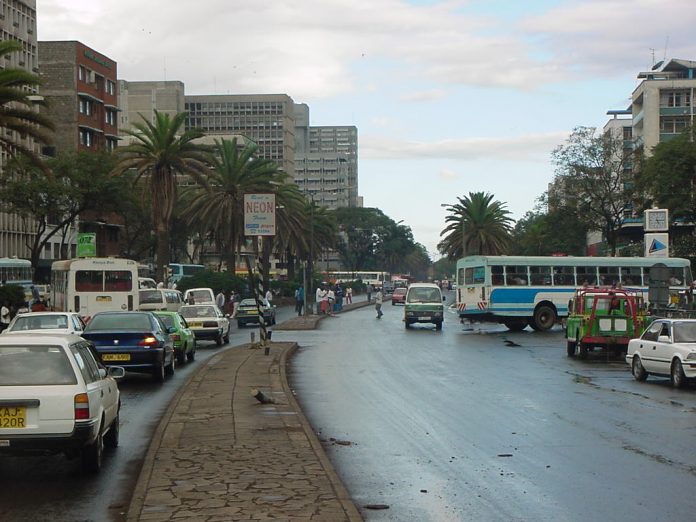Nairobi was added to the 2014 edition of PricewaterhouseCoopers’ Cities of Opportunity report, becoming only the second African city after Johannesburg, South Africa, in the firm’s annual examination of the social and economic performance of the world’s most significant cities.
It joins Jakarta (Indonesia) and Rio de Janeiro (Brazil) as newcomers to this year’s report, bringing the total number of cities examined to 30. Johannesburg has been a part of the report since 2008.
According to PwC, the Cities of Opportunity report is intended to help “the world’s great cities understand what policies and approaches work best for people and economies in a rapidly urbanizing world.” In choosing Nairobi, it said the capital of Kenya “represents the dynamic growth and future prospects both of its country and the continent as a whole.”
Nairobi ranks 30th on the list, with a total score of 439, and Johannesburg ranks 23rd, with a total score of 698. London claimed the top spot, with a 1,290.
The 2014 survey covers 10 indicators, grouped in three categories that reflect the fundamentals of what PwC calls a well-balanced city. The three are forward-looking tools, such as education and technology; quality of life, making cities healthy, happy, and sustainable; and the ability to pay the bills for all of the above.
The 10 indicators are:
- Intellectual capital and innovation
- Technology readiness
- City gateway
- Transportation and infrastructure
- Health, safety and security
- Sustainability and the natural environment
- Demographics and livability
- Economic clout
- Ease of doing business
- Cost
London outranked all others for economic clout, technology readiness, and city gateway, while Paris took the top spot for intellectual capital and innovation.
Among variables within the three “families” of indicators, Nairobi earned its highest scores for cost of business occupancy, cost of living; cost of public transport; rate of real GDP growth, thermal comfort, traffic congestion, working age population, and public park space.
Variables for which it earned its lowest scores include broadband quality, entrepreneurial environment, financial and business services employment, and public transport systems.













